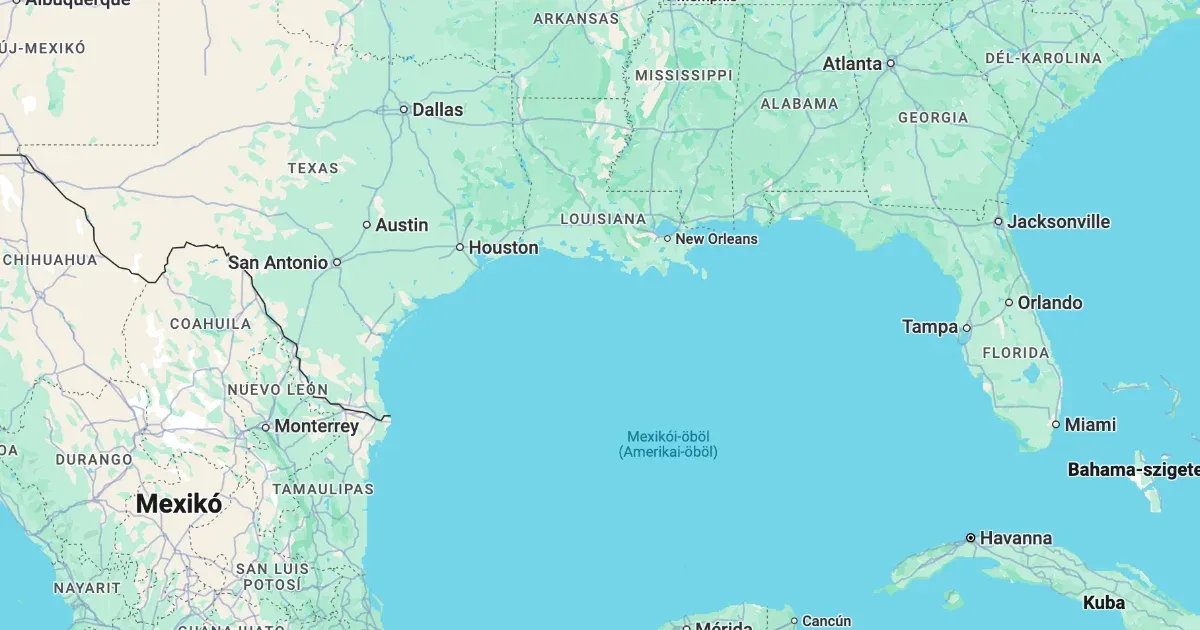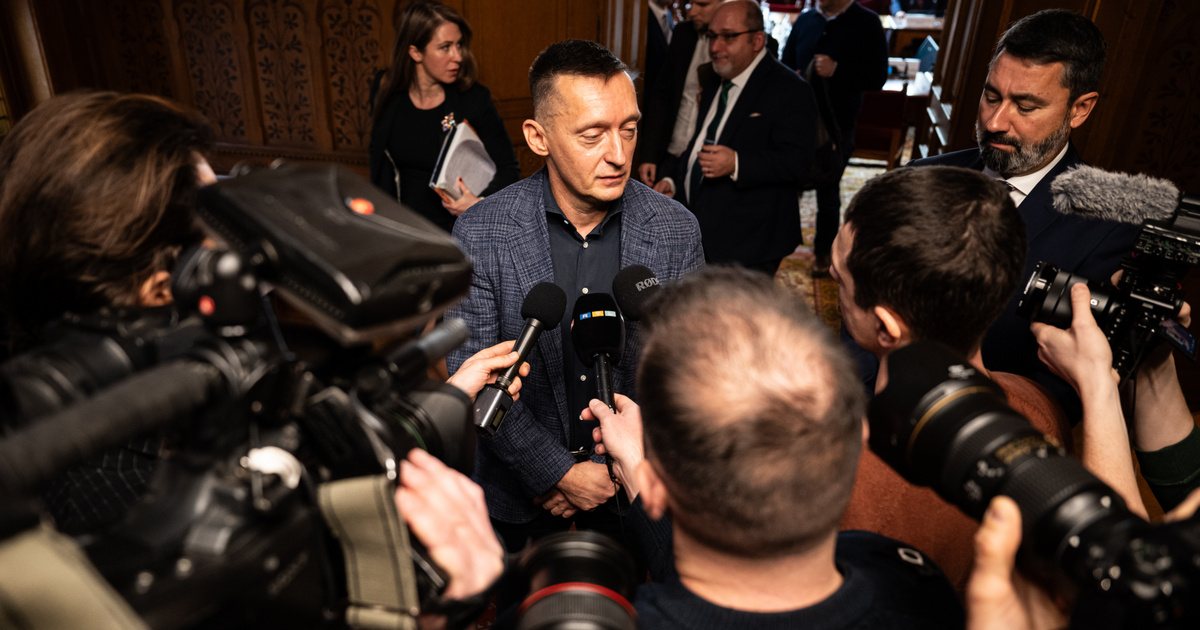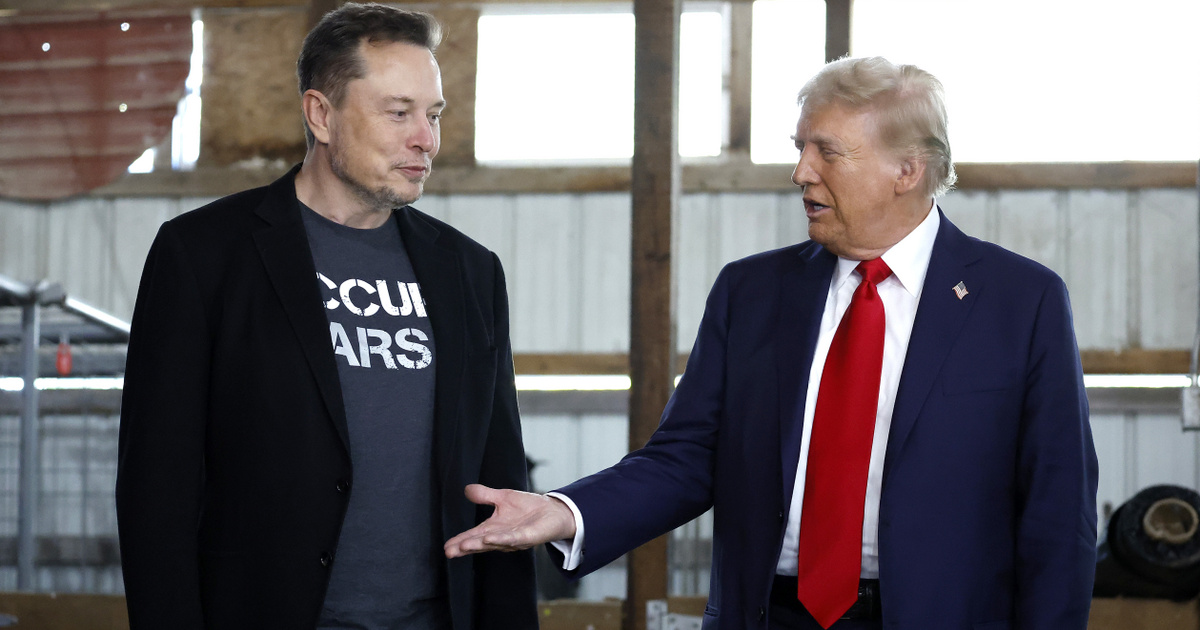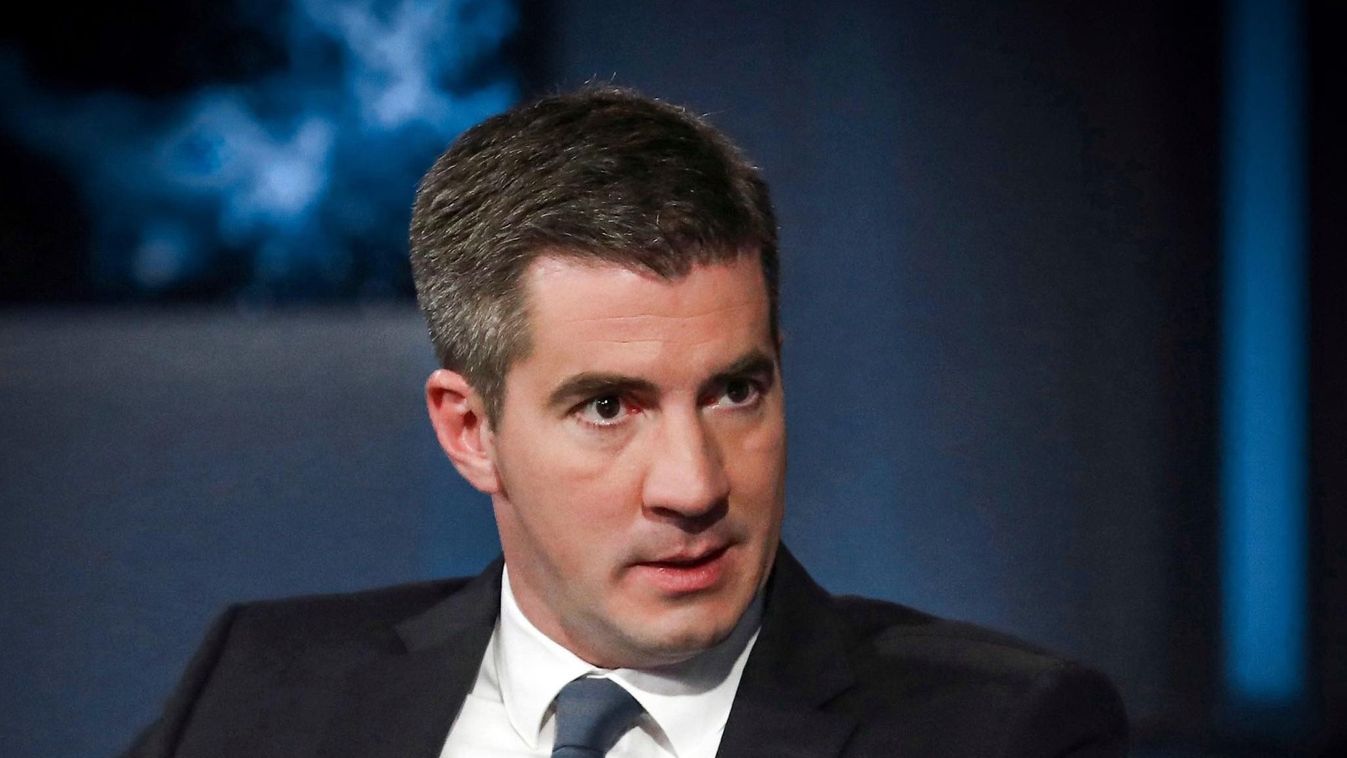First, Donald Trump, then Joe Biden, and now Mike Pence, were found at home with classified documents made during their time in office that, on principle, were supposed to be returned to the state. In our article, we have summarized the rules that apply exactly to the handling of confidential data in the United States.
“Did you take a classified document with you from the White House?”
– no.
“Do you see any reason for someone to take a classified document with them when they leave the White House?”
– There is no reason for this, especially if the documents are stored in an unprotected environment.
Excerpt above via ABC News From an interview in November 2022 there Mike Pence Made with a former US Vice President. The subject of the question at the time was that last August, the FBI raided Pence’s former boss, Donald Trump on his Florida soil, after the former president refused to turn over classified documents in his possession to the National Archives (NARA) despite repeated requests.
The relationship between Pence and Trump deteriorated significantly by the end of the presidential term, so it is no wonder that Pence did not defend Trump in his interview with ABC News. However, this conversation could not yet have been expected to backfire only two months later, when it became clear that Trump and Joe Biden After the president, Pence also had access to classified documents from his time in office.
On February 1, the FBI also visited Biden’s vacation home in Rehoboth, Delaware, but this was also different from the Trump case: on the one hand, this home search was conducted by mutual agreement, on the other hand, federal agents No classified documents were foundright, they took notes from Biden’s term as vice president with them for further inspection.
Because it looks more and more like it might be a systemic problem – as evidenced by the fact that the National Archives on Jan. 26 Written to former presidents and vice presidentsand for their representatives to see if they have any documents – we will now summarize the most important information.
The most important information about confidential documents
According to the American wording, the classified documents contain sensitive information, the release of which, according to authorized government officials, could harm the national security or foreign relations of the United States. These documents are generally only accessible to persons who have passed the appropriate security checks and obtained permission.
In theory, the sitting US president decides what is considered a classified document, but in practice that responsibility is shifted to members of the government, who can also receive assistance from their own staff. For The Washington Post statement Stephen Overgood According to experts, a few hundred officials may work on classifying documents during a given session. Declassification is also the responsibility of the president, but based on the guidelines, he can only do so if it does not cause harm from the point of view of national security. You must also notify the head of the organization that produced the document about the issuance.
Classified documents, which can be printed through documents, emails, pictures, maps, databases, or even external data storage, can be divided into three large groups: confidential, confidential, and top secret. There can be significant differences between categories, so it doesn’t matter if the classified document remains with a politician, and which group it belongs to (for example, folders labeled Top Secret were found with Trump).
- The lowest level is “classified” information that could harm national security if disclosed, but is not so classified that thousands of people, whether government employees or companies with government contracts, would not have access to it. This category includes, among others, telegrams from the State Department or information received from foreign countries.
- The “classified” designation already applies to material the disclosure of which could seriously harm national security. This is the broadest category and includes the budgets of US intelligence agencies.
- Information that could cause exceptionally serious harm is classified as “Top Secret” and includes information about armed threats against the United States and its allies, disruption of vital foreign relations, or threats to defense plans and intelligence operations. Within the top secret category, other subsets include intelligence from classified sources, electronic eavesdropping, or foreign informants.
access, penalty
In order for government officials or certain contractors performing public duties to access classified information, they must pass a screening process, which is stricter the more sensitive the file. However, the Washington Post points out, this doesn’t mean a few people at all —
However, this does not mean that everyone who passes the appropriate examination will have access to all documents in that category. There are some documents that are visible to thousands of people, while others are only visible to a few people. At the same time, the current President of the United States has access to all classified documents and intelligence reports.
The basic rule is that confidential documents must be placed in a place that meets security requirements (SCIF in English), making sure that unauthorized persons cannot access them. In the case of the President and Vice President, during his term of office, the documents are transferred to the National Archives, and, as we explained in detail in our previous article, the White House staff must take care of this.
Many federal laws prohibit the removal, disclosure, or destruction of confidential information. Anyone violating this could be sentenced to three to ten years imprisonment and a heavy fine. In the case of Trump and Biden, the Department of Justice has already appointed a special prosecutor to investigate what happened, so the same can be expected to happen with Pence.
Earlier, there were high-ranking officials who were convicted in a similar case. David H Petraeuswho was the director of the CIA during the Obama administration, W Sandy BergerAnd Bill Clinton His national security advisor also pleaded guilty. Petraeus shared tip With Paula Broadwell (with whom she was not only her biographer, but also had an affair), and Berger removed a classified document from NARA without permission. Petraeus was sentenced to two years in prison and a $100,000 fine, and Berger was sentenced to two years in prison, a $50,000 fine, 100 hours of community service, and his three-year security clearance revoked.












































